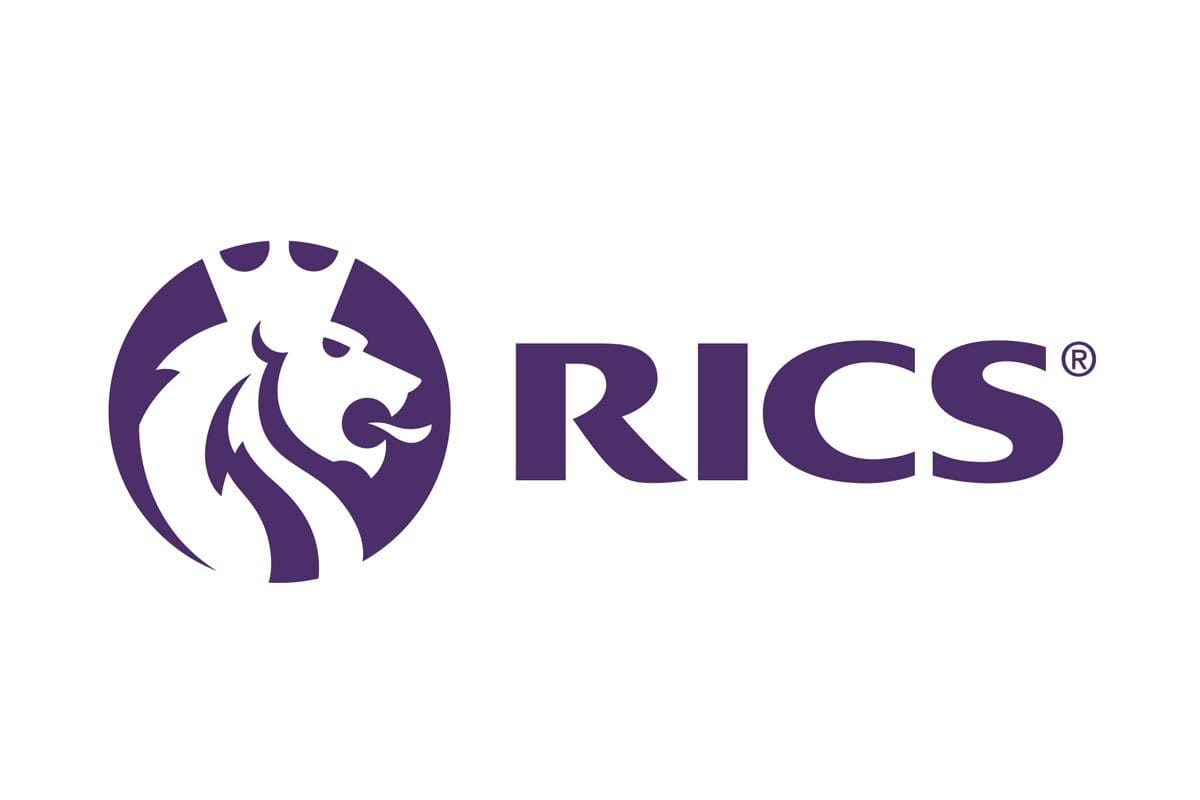About this course
Accelerate your career prospects as a Project Manager with this LJMU Project Management MSc. You'll study advanced techniques and can gain a PRINCE2 qualification.
- Study a curriculum informed by internationally recognised research from our Built Environment and Sustainable Technologies (BEST) Research Institute
- Enjoy excellent career opportunities in a variety of areas including construction, the oil and gas sector and the maritime industry
- Gain PRINCE2 qualifications alongside your Masters
- Accredited by Royal Institute of Chartered Surveyors
Project management is a highly challenging role, requiring skilled individuals with the ability to lead and integrate a multi-disciplinary team of professionals. It is often identified as being about managing change. This MSc Project Management is designed to provide an integrated, coherent, stimulating and challenging programme of study in the theory, concepts, methods, tools and techniques of project management. Project management involves all of the skills involved in any management role and, as such, can be applied to any industry sector anywhere in the global marketplace.
The programme is structured to take account of the potentially diverse backgrounds of students. It offers strong support as you build the knowledge, understanding and skills to become an independent learner for the future. In addition, you will develop a comprehensive understanding of techniques applicable to advanced scholarship.
Course modules
Discover the building blocks of your programme
Further guidance on modules
Modules are designated core or optional in accordance with professional body requirements, as applicable, and LJMU’s Academic Framework Regulations. Whilst you are required to study core modules, optional modules provide you with an element of choice. Their availability may vary and will be subject to meeting minimum student numbers.
Where changes to modules are necessary these will be communicated as appropriate.
Core modules
Optional modules
Professional accreditation
Accredited by the Royal Institution of Chartered Surveyors (RICS).

Your Learning Experience
An insight into teaching on your course
Teaching methods
You will learn via formal keynote lectures, coursework tasks and guided independent study.
Applied learning
The programme has a strong emphasis on developing professional and transferable skills required by all industry sectors and these skills will be enhanced through the delivery mechanisms of group discussions and case study scenarios.
How learning is monitored on your programme
To cater for the wide-ranging content of our courses and the varied learning preferences of our students, we offer a range of assessment methods on each programme.
Assessment methods include reports, online tests, group presentations which can include evidence of peer assessment and individual presentations/discussions.
Where you will study
This programme is based in the City Campus. Besides well-equipped workshops, we have: a structural testing laboratory, a concrete laboratory, a radio frequency and microwave laboratory, a highways research laboratory, an industrial chemistry laboratory, a soil mechanics laboratory, hydraulics laboratory, surveying laboratory, light structure and materials laboratory, building information modelling (BIM) software and expertise and smart homes.
Course tutors

Dr Ali Rostami
Programme Leader
Ali is the programme leader of the Construction and Project Management courses at the School of Civil Engineering and Built Environment. He is an active professional, proudly holding full membership in APM (the Chartered Body for the Project Profession) and is also a chartered Civil Engineer.Before coming to LJMU, Ali made a significant impact in academia. He worked as a dedicated lecturer in Built Environment at the University of West London's School of Computing and Engineering, playing a crucial role in shaping the academic landscape. Additionally, Ali served as a Senior Researcher specialising in Project Risk Management at the University of Wolverhampton, showcasing his dedication to advancing the field.Ali's academic journey is diverse and extensive. While pursuing his PhD, he shared his expertise as a lecturer at Glasgow Caledonian University, focusing on Risk Management.His varied experiences and strong commitment highlight Ali's dedication to excellence in construction and project management. At LJMU, he not only leads but also inspires the next generation of professionals, creating a vibrant and transformative learning environment. Ali's substantial academic and practical contributions make him a valuable asset to both the university and the broader project management community, embodying the spirit of innovation and leadership.
-
 Lecturer/Senior Lecturer
Lecturer/Senior Lecturer -

-

Career paths
Further your career prospects
LJMU has an excellent employability record with 96% (HESA 2018) of our postgraduates in work or further study six months after graduation. Our applied learning techniques and strong industry connections ensure our students are fully prepared for the workplace on graduation and understand how to apply their knowledge in a real world context.
The programme is designed to give you the core knowledge and skills to work in all sectors of business and there are specific route ways that will provide an insight into industries if looking for a career within, for example, the oil and gas sector, the construction sector and the maritime sector.
Tuition fees and funding
- Full-time per year:
- £9,850
Fees
The fees quoted above cover registration, tuition, supervision, assessment and examinations as well as library membership and student IT support with access to printed, multimedia and digital resources including programme-appropriate software and on campus wifi.
Financial Support
There are many ways to fund postgraduate study for home and international students. From loans to International Scholarships and subject-specific funding, you’ll find all of the information you need on our specialist postgraduate funding pages. The University offers a range of financial support for students. You'll find all the information you need on our specialist financial support pages including details of the Student Support Fund and other activities to support with the cost of living.
Additional Costs
In addition to fees, students should also keep in mind the cost of:
- Accommodation
- Travel costs and field trips unless paid for by LJMU
- Stationery, IT equipment, professional body membership and graduation gown hire
Entry requirements
You will need:
Qualification requirements
How to apply
Securing your place at LJMU
To apply for this programme, you are required to complete an LJMU online application form. You will need to provide details of previous qualifications and a personal statement outlining why you wish to study this programme.
Your university life
From accommodation and academic support to clubs and societies. Find out what LJMU has to offer.
Related Links
Talk to our students
Connect with a current LJMU student for advice and guidance on university life, courses and more.
See what our students are saying
At LJMU we want you to know you’re making the right choice by studying with us. You can see what our students are saying about their experience with us through their reviews on the following websites:
Related Links
News and views
Browse through the latest news and stories from the university
The University reserves the right to withdraw or make alterations to a course and facilities if necessary; this may be because such changes are deemed to be beneficial to students, are minor in nature and unlikely to impact negatively upon students or become necessary due to circumstances beyond the control of the University. Where this does happen, the University operates a policy of consultation, advice and support to all enrolled students affected by the proposed change to their course or module.





























